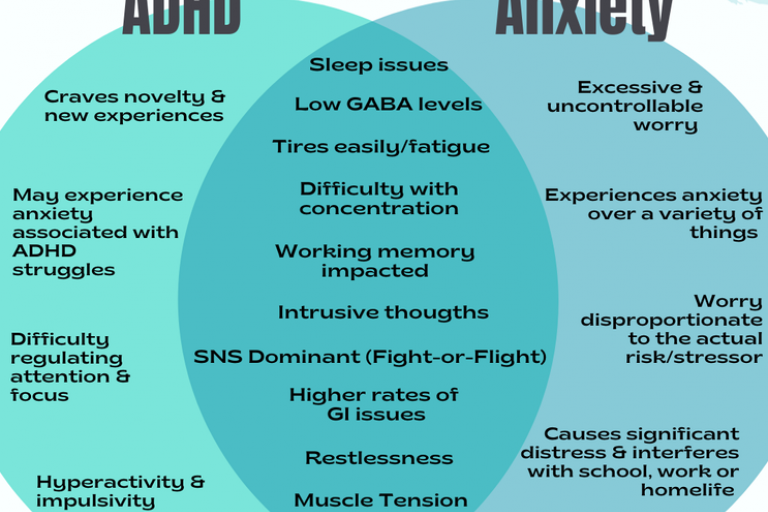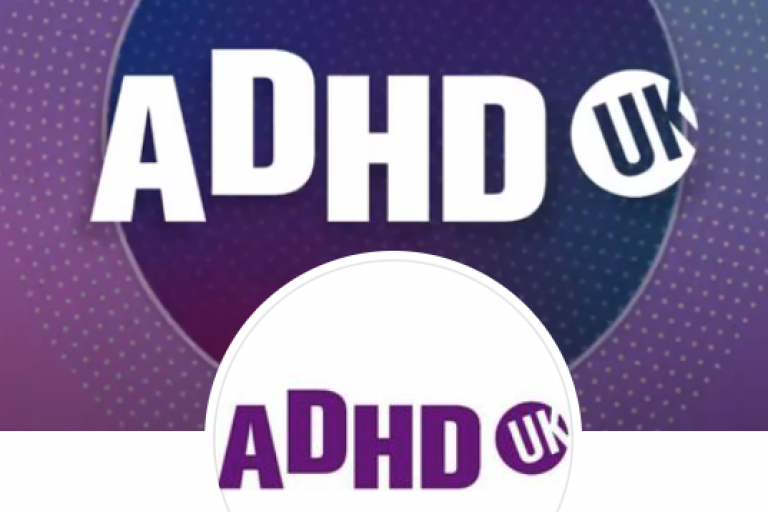Overview of ADHD
The main characteristics of Attention Deficit Hyperactivity Disorder (ADHD) are:
- Inattention – poor concentration, being easily distracted, procrastination, difficulty organising and finishing off tasks.
- Hyperactivity – restlessness, fidgeting, tapping, being over-talkative.
- Impulsivity – speaking and acting without thinking, interrupting others.
There are also many strengths associated with ADHD, such as curiosity, creativity, enthusiasm, inventiveness, a willingness to take risks and sometimes an ability to hyperfocus.
Medication may help manage the condition but adult ADHD often goes undiagnosed and untreated. It may overlap with other SpLDs such as dyslexia and dyspraxia .
Common challenges faced by students with ADHD
- Putting off study tasks (such as written assignments) until the last minute and falling behind with work.
- Forgetting tasks, appointments and items (keys, equipment, books, etc.).
- Difficulty organising their work, time and ideas.
- ‘Zoning out’ in lectures and missing important information.
- Restlessness and fidgeting, especially during lectures.
- Problems with time keeping and attendance.
- Difficulty waiting their turn and contributing to group discussions.
- Poor emotional well-being, which can impact social relationships.
- Depression and poor self-esteem, which can affect motivation to study.

ADHD and other conditions: common overlaps
Venn diagrams showing the similarities, differences and overlaps between ADHD and other conditions such as anxiety, autism and depression.

Adult ADHD Screening Tool
A quick, free tool to help you decide if you might benefit from further assessment.
See also this Additude Symptom Checker.

ADHD Diagnosis pathways
Find out about getting a medical diagnosis of ADHD, which can lead to medication.
Or visit our Screening and Assessment for SpLDs page for information about non-medical diagnostic assessments.